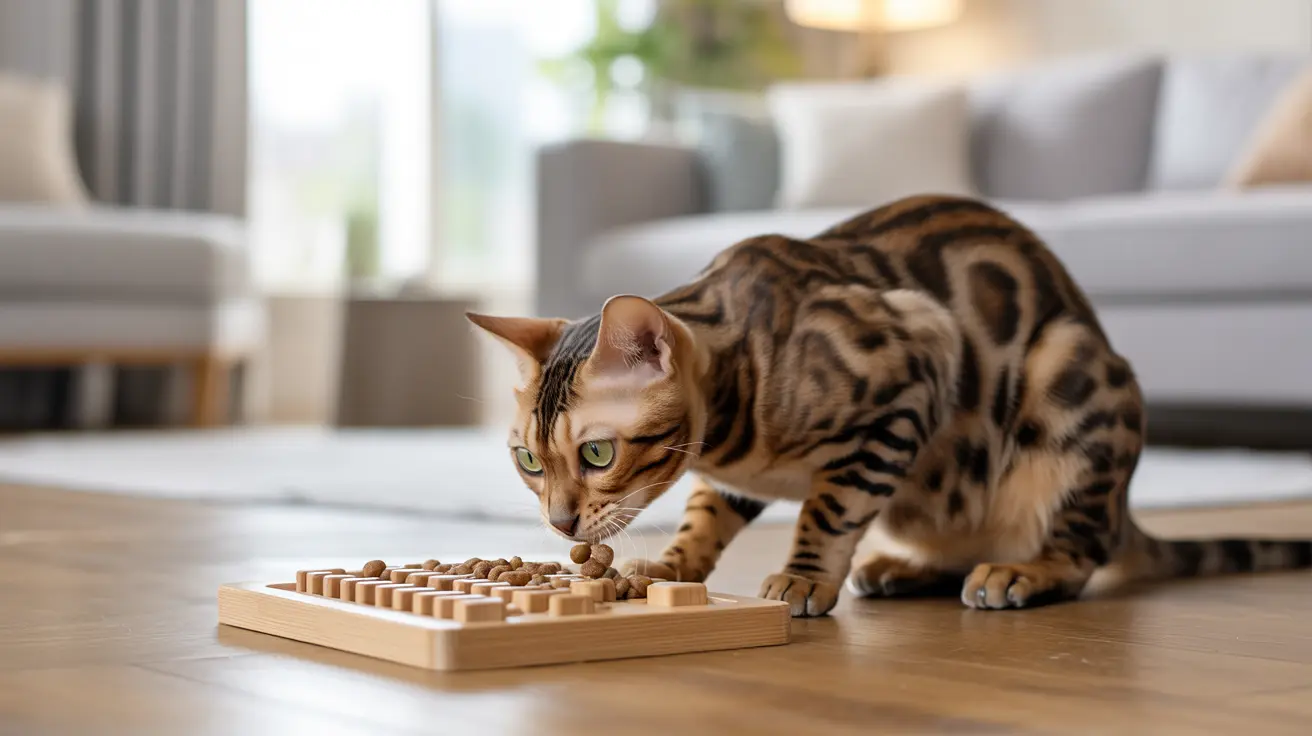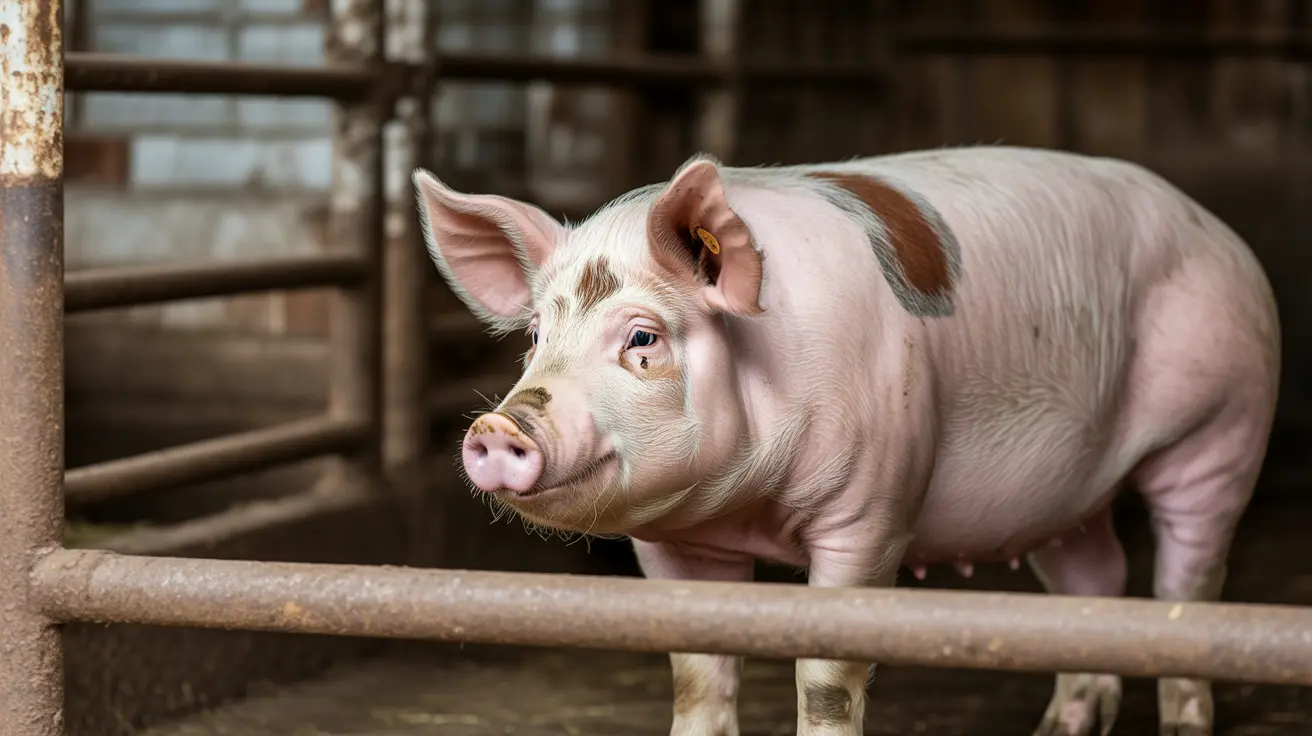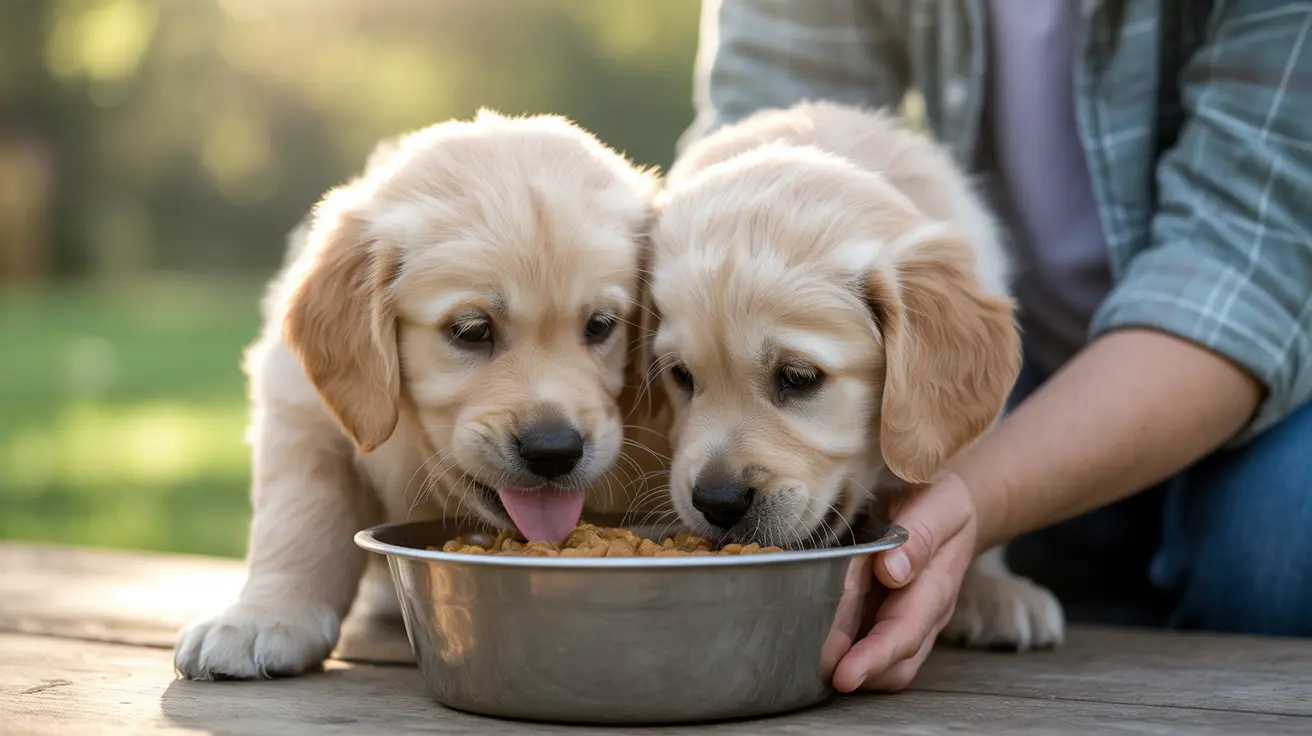If you've ever wondered why your cat seems obsessed with food, constantly begging for meals or attempting to raid the kitchen, you're not alone. Food obsession in cats is a common concern among pet owners, and it can stem from various behavioral, psychological, or medical causes. Understanding the root of this behavior is crucial for developing effective management strategies and ensuring your cat's well-being.
Understanding Food Obsession in Cats
Food obsession in cats manifests in various ways, from persistent meowing at mealtimes to aggressive food-seeking behaviors. While some cats naturally show enthusiasm for food, excessive fixation could indicate underlying issues that require attention. This behavior often develops gradually and may be influenced by factors such as early life experiences, environmental conditions, or health problems.
Common Behavioral Causes
Many cats develop food obsession due to behavioral factors, including:
- Learned behaviors from previous food scarcity
- Attention-seeking patterns reinforced by owners
- Boredom and lack of environmental enrichment
- Anxiety or stress-related eating
Medical Conditions That Increase Appetite
Several health issues can trigger increased appetite and food obsession in cats:
- Hyperthyroidism
- Diabetes mellitus
- Intestinal parasites
- Inflammatory bowel disease
- Certain medications, particularly corticosteroids
If your cat suddenly develops an intense interest in food, especially alongside other symptoms like weight loss or increased thirst, it's essential to consult with your veterinarian for proper diagnosis and treatment.
Managing Food-Obsessed Behavior
Establishing Healthy Feeding Routines
Creating a structured feeding schedule helps manage food obsession:
- Feed measured portions at consistent times
- Use slow-feeder bowls to prevent gulping
- Avoid free-feeding unless specifically recommended by your vet
- Distribute daily food portions into multiple smaller meals
Environmental Enrichment
Reducing food fixation often requires addressing environmental factors:
- Provide interactive toys and regular play sessions
- Use food puzzles to make mealtimes more engaging
- Create vertical spaces and climbing opportunities
- Establish multiple activity centers throughout your home
Prevention and Long-term Solutions
Long-term management of food obsession requires a comprehensive approach:
- Feed high-quality, nutritionally complete cat food
- Monitor portion sizes and maintain healthy weight
- Address any underlying medical conditions
- Work with your veterinarian to develop an appropriate feeding plan
Frequently Asked Questions
Why is my cat obsessed with food and constantly begging or stealing during meals?
Cats may beg or steal food due to learned behaviors, underlying medical conditions, or insufficient mental stimulation. This behavior can be managed through consistent feeding schedules, proper portion control, and environmental enrichment.
What medical conditions can cause increased appetite and food obsession in cats?
Several medical conditions can cause increased appetite, including hyperthyroidism, diabetes, intestinal parasites, and certain medications. Any sudden change in appetite should be evaluated by a veterinarian.
How can boredom or anxiety contribute to my cat's food-obsessed behavior?
Cats may turn to food as a source of comfort or entertainment when they're bored or anxious. Providing environmental enrichment, regular play sessions, and addressing stress factors can help reduce food fixation.
What are effective ways to manage and reduce food obsession in indoor cats?
Effective management strategies include establishing regular feeding schedules, using slow-feeders, providing environmental enrichment, and ensuring adequate physical and mental stimulation through play and interactive toys.
When should I take my food-obsessed cat to the vet for a health check?
Consult a veterinarian if your cat shows sudden changes in appetite, exhibits aggressive food-seeking behavior, loses or gains weight unexpectedly, or displays other concerning symptoms like increased thirst or changes in behavior.
Remember, while food enthusiasm is normal in cats, true food obsession requires attention and proper management. By understanding the underlying causes and implementing appropriate solutions, you can help your cat develop a healthier relationship with food while maintaining their overall well-being.






